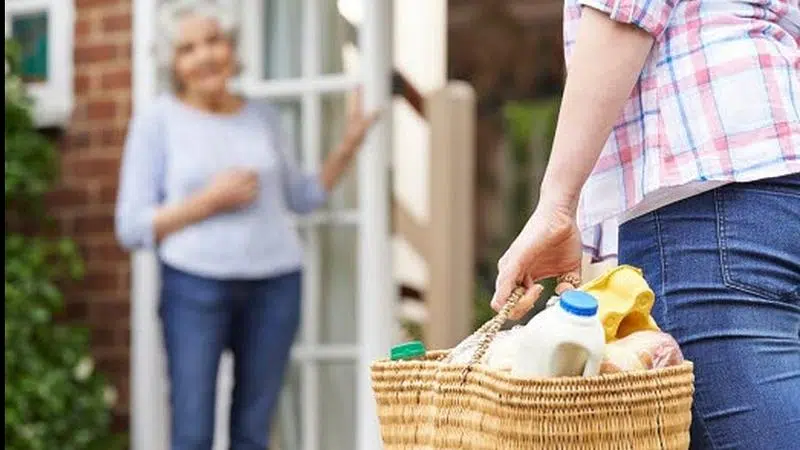
Tips for families and caregivers caring for those at risk of COVID-19 complications
While all Canadians at at risk of contracting COVID-19 disease, certain Canadians are at higher risk of experiencing serious complications due to their weakened immune systems.
This includes:
- Older adults;
- People with medical conditions such as heart or lung disease, hypertension (high blood pressure), diabetes and/or cancer;
- Those with weakened immune systems from a medical condition or treatment, such as chemotherapy.
It is particularly important for those at risk of complications to follow the directives from the public health authorities, such as avoiding non-essential gatherings and outings, and routine health precautions.


